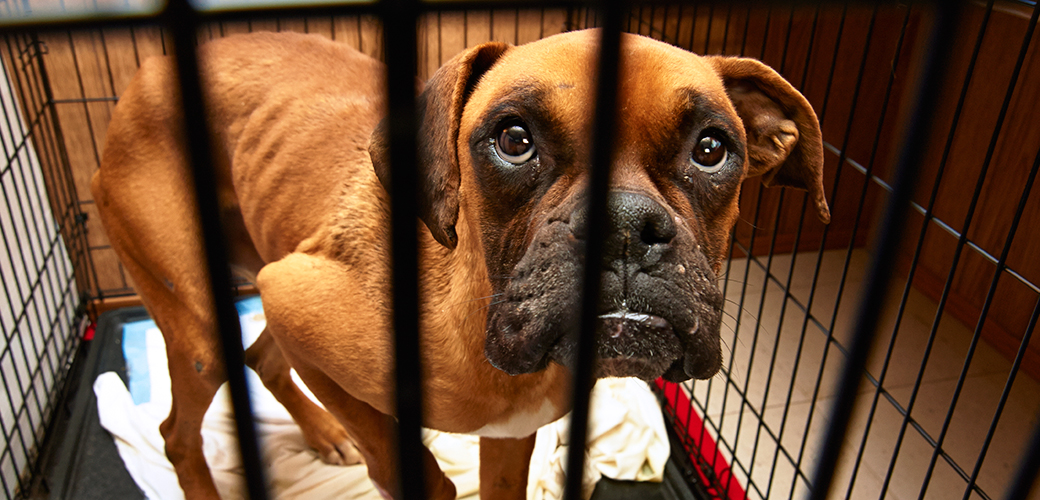Recognizing and responding to animal cruelty is akin to being a vigilant lighthouse keeper amidst a tempestuous sea. While the waves of indifference crash around us, it is our duty to shine a beacon of hope and advocacy for those who cannot speak for themselves. In the United States, numerous jurisdictions like Iowa, Georgia, and Wisconsin have established protocols for reporting these heinous acts. Understanding these procedures is crucial for fostering a more compassionate society.
When the inkling of animal cruelty arises, the first step is to remain calm and factual. Evidence is the lifeblood of any report. It is essential to document everything you observe: the location, date, and time of the incident, as well as the type of animal involved and the nature of the cruelty observed. Capturing photographs or videos can serve as compelling visual testimonies, buttressing the gravity of the situation and signaling the urgency to authorities. The heart of the matter lies in turning observations into actionable intelligence.
In Iowa, the process begins with contacting local humane societies or animal control agencies. Each county has its own animal control division, responsible for addressing reports of neglect or cruelty. The Iowa Department of Agriculture and Land Stewardship also plays a pivotal role in inspecting licensed facilities where animals are kept. Those who witness animal maltreatment can reach out to the Iowa Humane Alliance at 515-262-9503. This organization functions as a nexus of information, linking individuals to the proper authorities in cases of suspected abuse.
Furthermore, the state of Iowa has designated law enforcement agencies that can intervene when animal cruelty is reported. Local police and sheriff’s departments can be summoned when immediate action is required, particularly in cases where animals are in imminent danger. When the flames of injustice burn brightly, those who are tasked with enforcing the law can often extinguish the fire with swiftness and determination.
Transitioning to Georgia, the echoes of responsibility resonate with similar clarity. The Georgia Department of Agriculture provides a hotline for reporting animal cruelty concerns. The number is 1-855-422-4453. By dialing this lifeline, one engages with professionals equipped to navigate the labyrinth of reports, investigations, and, ultimately, restitution for the animals involved. Additionally, local animal control officers and rescue organizations, including the ASPCA, collaborate to facilitate the rescue and rehabilitation of victims of cruelty.
In Georgia, the Animal Cruelty Laws are comprehensive, outlining penalties that reflect the severity of offenses committed against animals. Reports can lead to felony charges, offering a degree of solace to advocates who tirelessly commit to their cause. It becomes increasingly vital for the public to act as the eyes and ears of enforcement agencies, holding perpetrators accountable for their transgressions. Each report filed is a step closer to a society that values kindness over cruelty.
Now, let us venture north to Wisconsin, a state renowned for its verdant landscapes and rich agricultural heritage. Wisconsinites have the privilege of a streamlined reporting process. The Wisconsin Humane Society operates a dedicated animal cruelty hotline, reachable at 1-800-452-9497. This organization embodies the spirit of intervention, orchestrating a symphony of compassion that reverberates across communities. Gathering evidence and reporting to this critical resource can lead to transformative outcomes for animals affected by neglect or abuse.
Wisconsin’s laws are more than mere words written on a page; they embody a commitment to a higher moral ground. The Wisconsin Code of Statutes defines animal cruelty and outlines specified penalties for offenders, ensuring that justice is not merely aspirational but actualized. Residents can also lean on local law enforcement agencies, as they play an indispensable role in addressing these issues promptly.
As it stands, many states across the nation have implemented similar frameworks, yet the nuances in each location require diligence from advocates. It is imperative for individuals to familiarize themselves with local statutes, as this knowledge equips them with the tools to act decisively. Information is power—a commodity rendering each concerned citizen an agent of change. If you reside outside of Iowa, Georgia, or Wisconsin, the National Anti-Vivisection Society offers a comprehensive directory that outlines animal cruelty reporting processes state-by-state, rendering an invaluable service to all who wish to take a stand.
The journey towards justice is often fraught with obstacles, but it is a path worth traversing. The interconnected web of animal welfare organizations, law enforcement, and dedicated citizens creates a synergy that fosters a more humane world. Activism can transform a solitary observation into a collective roar for justice, sending ripples through the community that garner attention and action. When the heart beats stronger in harmony with the voices of those who cannot speak, societies flourish into bastions of care and protection.
In conclusion, reporting animal cruelty is not merely a responsibility; it is a moral imperative that calls for unwavering commitment. We must refine our awareness and hone our ability to act as advocates. Remember, every call made and every report filed is an act of defiance against cruelty, a promise that no animal shall suffer alone. In the symphony of life, let us ensure that the voice of the vulnerable is no longer a whisper, but a relentless chorus echoing through the corridors of justice.








